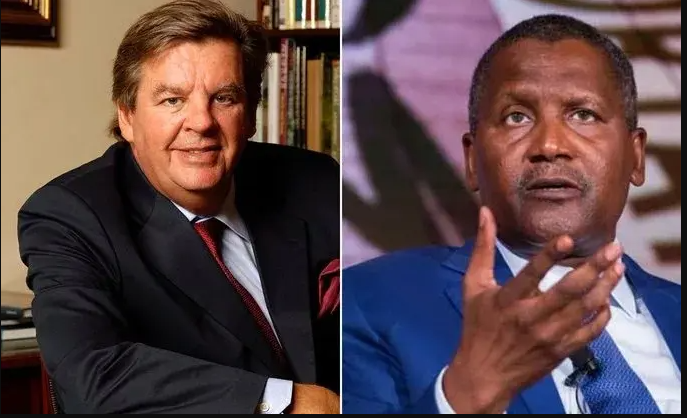Christmas, a widely celebrated festivity across the globe, holds distinct dates of commemoration owing to diverse calendar systems. Notably, January 7th marks the revered occasion for various nations, chiefly Ethiopian Christians, who reverently observe the birth of Jesus Christ.
Termed as Genna or Christmas in Ethiopia, this date aligns with the Ethiopian Orthodox Church’s adherence to the Julian calendar, signifying a temporal divergence of 7 to 8 years from the Gregorian calendar. Consequently, an array of countries, encompassing Russia, Eritrea, Ukraine, Serbia, Egypt, Belarus, Georgia, Kazakhstan, Macedonia, and Moldova, embrace the Orthodox Christian tradition, embracing the observance of Christmas on January 7th and harmonising with Ethiopian Christian practices.
Dominating the religious landscape of Ethiopia, the Ethiopian Orthodox Church, representing a substantial portion of the nation’s populace, venerates Christmas on January 7th. This auspicious day is marked by solemn ceremonies and an elaborate traditional feast. Additionally, other Orthodox Christian denominations in countries such as Russia, Syria, Jordan, Egypt, and Palestine synchronize their celebrations with this date due to their allegiance to the Julian calendar.
In 2024 The Ethiopian Christmas celebrations witnessed the transmission of heartfelt messages by religious leaders, underscoring the profound significance of Christmas as an emblem of peace and divine love for humanity. Notably, these observances extend their embrace to other Orthodox Christian churches globally, underscoring the shared sanctity of this date in their religious calendars.
It remains imperative to acknowledge the divergence in the celebration of Christmas dates. While the majority of the world commemorates Christmas on December 25th as per the Gregorian calendar, the aforementioned countries, adhering to the Julian calendar, bestow honor upon Christmas on January 7th. This divergence stands as a proof to the mosaic of cultural and religious diversity enriching the global commemoration of Christ’s birth.
Amidst the jubilant fervour pervading the 2024 worldwide celebrations, Bethlehem, the hallowed birthplace of Jesus, bears witness to diverse processions and festivities. A significant moment is the commencement of the Christmas Eve procession by Archbishop Mar Swerios Malki Murad of the Syrian Orthodox Church, commencing from Jerusalem’s Monastery of Saint Mark to Bethlehem’s Manger Square. This event garners participation from esteemed officials, including the governor of Bethlehem, the Minister of Tourism, the mayor of Bethlehem, and other dignitaries, heralding the onset of Christmas celebrations in Palestine.
The Armenian Orthodox Church, adhering to its distinct calendar, culminates the commemoration of Jesus’ birth on January 19th, signifying the final observance of this sacred event in the Holy Land.
While looking into the essence of Christmas, venerable religious leaders such as His Holiness Abune Matias of the Ethiopian Orthodox Tewahido Church, His Grace Abune Berhaneyesus Sufafel of the Ethiopian Catholic Church, and Rev. Dereje Jenberu of the Council of Ethiopian Evangelical Churches disseminated messages espousing peace, divine love, and the ethos of benevolence. They earnestly implored the faithful to extend support to the less fortunate, resonating with the spirit of the festive season.
These jubilant celebrations vividly depict the resplendent cultural amalgamation and religious heterogeneity prevailing worldwide. It serves as an eloquent show to how disparate communities, rooted in diverse calendars and traditions, converge to honor a common spiritual milestone.
The celebrations on January 7th reverberate as a poignant reminder of the universal essence encapsulated within Christmas – a message transcending boundaries, cultures, and calendars. In Ethiopia, this day galvanizes communities into the embrace of joyous festivities. Genna, the Ethiopian Christmas, heralds a time steeped in vibrant traditions and spiritual introspection.
The profundity of Christmas resounds emphatically, disseminating messages of hope, love, and compassion. Esteemed patriarchs and religious leaders utilize this moment to propagate narratives of unity, peace, and benevolence among their congregants. Their resonating words echo the very core of Christmas, instigating acts of kindness and magnanimity towards fellow beings.


